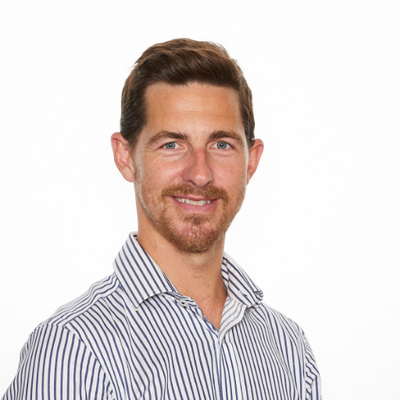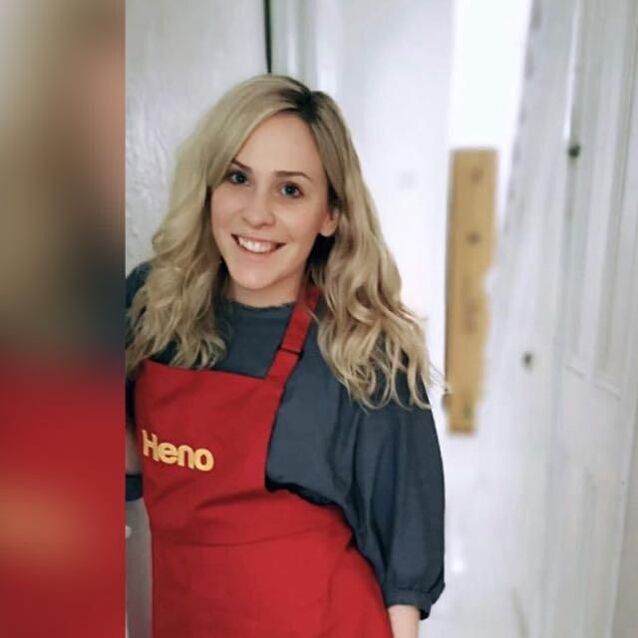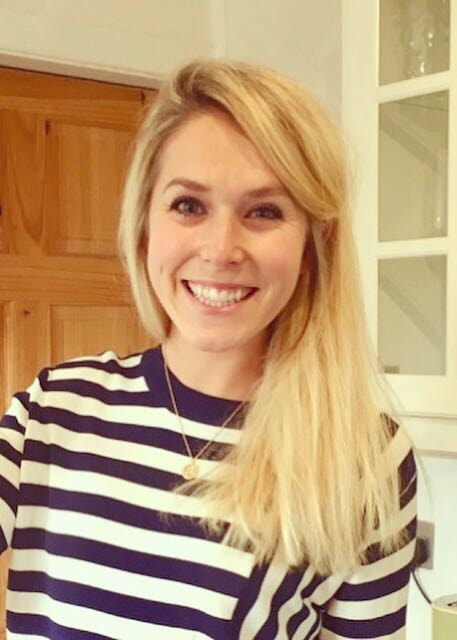|
Dr Tom Cromarty Editor Interests: Paediatric Emergency Medicine, Medical Engagement and Leadership, Simulation, Quality Improvement, Research Twitter: @Tomcromarty |
Welsh Research and Education Network
WREN BlogHot topics in research and medical education, in Wales and beyond
Dr Celyn Kenny Editor Interests: Neonates, Neurodevelopment, Sepsis, Media and Broadcasting Twitter: @Celynkenny |
|
Annabel Greenwood ST4 The All Wales Neonatal Safeguarding meeting, hosted by the Wales Neonatal Network, was an eagerly anticipated event, particularly given it was the first of its kind in Wales to date. As Neonatologists, our exposure to safeguarding is often limited. Let’s face it, we’re far more comfortable managing clinical problems or performing practical procedures, than dealing with safeguarding scenarios. Unfamiliar territory brings with it an air of uncertainty. From a mental wellbeing perspective, it’s not only the babies to consider on the neonatal unit, but also the parents. It has been well documented that adverse childhood experiences (ACEs) can affect both health and well-being later on in life, and it is therefore imperative to provide the appropriate support and guidance early-on for parents in the attempt to reduce the chance of an ACE occurring. The programme in more detail...The All Wales Safeguarding Meeting was held in the Life Sciences Hub in Cardiff Bay, with panoramic views across the waters providing the perfect setting for thought and reflection on such a complex and emotive subject. There was a fantastic representation from all members of the multidisciplinary team, and it was invaluable to hear people’s different experiences and perspectives on various safeguarding cases. The day began with a discussion about ACEs and the concept of resilience in being able to deal with certain ACEs. The Welsh ACE Study conducted in 2015, concluded that for every 100 adults in Wales, 47 have suffered at least one ACE during their childhood. The prevalence of low mental well-being in adults increased with the number of ACEs suffered in childhood. There has also been an association between ACEs and the effects on physical health and health-harming behaviours in adult life. It is important to note that some people are affected more than others by ACEs, and this can be partly explained by a one’s level of resilience. Thereafter provoked a discussion on how we, as the multidisciplinary team, can support parents on the neonatal unit, e.g. providing access to counsellors, neonatal nurses with a specialist interest in mental health, neonatal therapies, and also ideas to enhance the level of support in the community. Certainly, food for thought… It was interesting to hear the experiences from a clinical psychologist’s perspective on perinatal mental health and children’s development. Dr Cerith Waters took us through the child development study, a longitudinal study beginning in the 1980s, and highlighted the key findings regarding the association between exposure to depression during pregnancy and a child’s long-term psychological and cognitive development. The study findings highlighted the importance of early intervention in pregnancy to help reduce the incidence of subsequent depressive disorders in young adults. A number of case presentations then followed, igniting detailed discussion signposting the safeguarding pathways and support available. The afternoon session included an infant mental health perspective on preventing emotional abuse and neglect, presented by Robin Balbernie, a child psychotherapist. This session highlighted the key difference between adult and infant mental health teams, namely that infant mental health teams help ‘get it right’ from the start, as opposed to intervening later-on in life when a person has already ‘gone off-course.’ He emphasised that the first relationships are the most important, and that traumatic events experienced early on in one’s life are preserved life-long. This relates to neuroplasticity and the concept that the earlier the maltreatment, the greater the effect on the brain. Whilst at the same time, the earlier the intervention, the greater its effectiveness. This was then followed by an interesting discussion by Dr Lizzy Nickerson about the difficulties in recognising birth injury versus non-accidental injury (NAI). This talk really hit home the importance of clear documentation at birth and following the newborn examination, particularly in the case of a representation to hospital a few days later with suspicion of NAI. Closing thoughts...From a personal perspective as a junior neonatal registrar, I found this day invaluable in enhancing my knowledge and confidence in safeguarding on the neonatal unit. Safeguarding is a complex and emotionally challenging area of paediatric and neonatal medicine, emphasising the importance of teaching days like these to raise awareness and ultimately improve our clinical practice.
1 Comment
24/3/2019 09:38:19 am
I spend literally all day talking to people in work and sometimes that can give you dry lips and I'm writing this I'm actually thinking OMG my lips are dry right now, looking over I just lit a vanilla candle beside my bed and beside that already two of my favorite lip products. So enough background lets get down to it, you want to know about gorgeous lips?
Reply
Leave a Reply. |
Editors
Dr Annabel Greenwood Categories
All
|





 RSS Feed
RSS Feed
